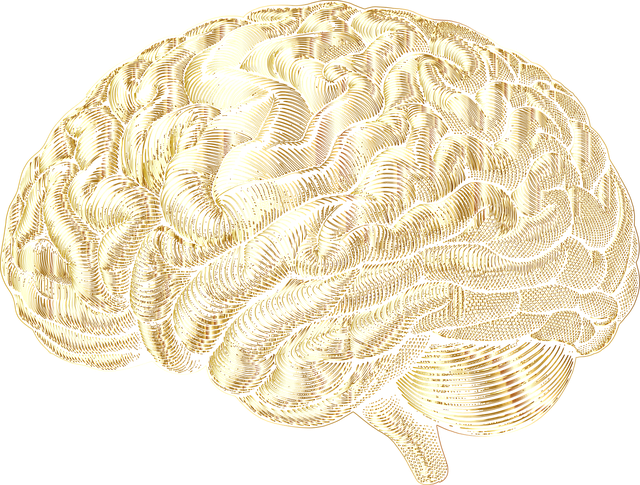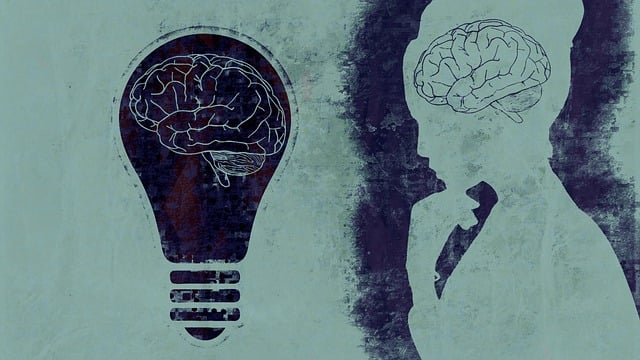Functional Neurological Disorder (FND) is a complex condition requiring a multidisciplinary approach. Effective therapy for functional neurological disorder focuses on physical and psychological aspects, incorporating mindfulness meditation and self-care practices to manage symptoms. Coping skills development involves identifying personal stressors, using mindfulness, relaxation, and grounding techniques, and building inner strength. These strategies empower individuals with FND to improve mental wellness, reduce symptom impact, and navigate challenges more effectively.
Coping skills development is a crucial aspect of managing Functional Neurological Disorder (FND), offering individuals effective strategies to navigate their symptoms. This article delves into the understanding of FND, highlighting its impact on daily life. We explore the power of coping skills in mitigating FND symptoms, focusing on personal stressor identification and evidence-based techniques like mindfulness and grounding. Additionally, it discusses building resilience for long-term adaptability, providing valuable insights for those seeking therapy for Functional Neurological Disorder.
- Understanding Functional Neurological Disorder (FND) and its Impact
- The Role of Coping Skills in Managing FND Symptoms
- Identifying Personal Stressors and Triggers
- Strategies for Effective Coping: Mindfulness, Relaxation, and Grounding Techniques
- Building Resilience and Adaptability Through Coping Skills Development
Understanding Functional Neurological Disorder (FND) and its Impact

Functional Neurological Disorder (FND) is a complex condition that affects the way the brain and nervous system function, leading to a wide range of symptoms. It’s important to understand that FND isn’t merely a psychological issue; it’s rooted in physical changes within the brain. This neurological impairment can manifest in various ways, from motor difficulties like paralysis or seizures to sensory issues such as pain, numbness, or distorted perceptions. The impact of FND is profound, often significantly impacting an individual’s daily life and overall mental health awareness.
While the causes of FND are not yet fully understood, it’s known that both genetic predisposition and environmental factors play a role. Therapy for FND typically involves a multidisciplinary approach, addressing physical symptoms alongside psychological support. Mindfulness meditation has emerged as a valuable tool in managing FND, helping individuals develop self-care practices to enhance their coping skills. Mental health awareness and self-care become essential components of the healing process, enabling those affected by FND to navigate and overcome the challenges posed by this disorder.
The Role of Coping Skills in Managing FND Symptoms

Coping skills play a pivotal role in managing symptoms of Functional Neurological Disorder (FND). Effective coping strategies enable individuals to navigate the challenges posed by FND, promoting better mental well-being and quality of life. Through therapy for functional neurological disorder, patients learn to employ these skills to deal with stress, anxiety, and physical symptoms associated with the condition.
Developing inner strength is crucial in this process. Burnout prevention strategies for healthcare providers can also be adapted to help individuals with FND manage their symptoms. Communication strategies are another vital tool, fostering open dialogue between patients and care providers to better understand and address specific challenges. By integrating these coping skills, individuals gain a sense of control over their lives, reducing the impact of FND symptoms and enhancing overall resilience.
Identifying Personal Stressors and Triggers

Identifying personal stressors and triggers is a crucial first step in coping skills development, especially for individuals navigating functional neurological disorders (FND). FND can manifest as various physical symptoms, such as chronic pain or sensory issues, which significantly impact daily life. Recognizing the unique triggers that set off these episodes or exacerbate symptoms is essential. This process involves introspection and keeping a detailed journal to identify patterns in one’s thoughts, emotions, and behaviors leading up to stressful events.
Through this self-awareness, individuals can begin to understand their personal crisis intervention strategies. The Mental Wellness Podcast Series Production often emphasizes the importance of emotional healing processes, encouraging listeners to explore their triggers and develop tailored coping mechanisms. By identifying specific stressors, whether environmental, social, or internal, one can work towards managing them effectively, thereby improving overall mental wellness.
Strategies for Effective Coping: Mindfulness, Relaxation, and Grounding Techniques

Coping strategies centered around mindfulness, relaxation, and grounding techniques offer powerful tools for managing symptoms associated with Functional Neurological Disorders (FND). These practices are grounded in the principle of Mind Over Matter, fostering a sense of control and empowering individuals to navigate their challenges. Through mindful breathing exercises, one can redirect focus away from distressing thoughts and onto the present moment, thereby calming the mind and body. Relaxation techniques, such as progressive muscle relaxation or guided imagery, help reduce physical tension and promote a state of tranquility.
Additionally, grounding techniques serve as effective coping mechanisms by encouraging individuals to connect with their immediate surroundings. This may involve engaging sensory experiences, like describing objects visible within the room or noting different textures under one’s fingers. Such practices help shift attention away from anxiety or disorientation often experienced in FND and foster a sense of stability. Empathy-building strategies, coupled with healthcare provider cultural competency training, can further enhance these coping mechanisms, ensuring tailored support for diverse individuals navigating their FND symptoms.
Building Resilience and Adaptability Through Coping Skills Development

Building resilience and adaptability is a key outcome of coping skills development, which can significantly benefit individuals, especially those with functional neurological disorders (FND). Coping Skills Development (CSD) equips people with effective strategies to navigate life’s challenges, promoting mental well-being. Through therapy, individuals learn to adapt to their symptoms and develop new ways of functioning, enhancing their overall resilience. This process involves identifying triggers, understanding emotional responses, and acquiring tools to manage stress and anxiety effectively.
Mental health professionals play a crucial role in facilitating CSD, conducting thorough risk assessments to tailor interventions accordingly. By integrating these skills into mental health policy analysis and advocacy, we can ensure better support for those with FND and similar conditions. This holistic approach not only empowers individuals but also contributes to a more comprehensive understanding of mental health, fostering adaptability and resilience in the face of adversity.
Coping skills development is a vital component in managing and overcoming the challenges posed by Functional Neurological Disorder (FND). By understanding the impact of FND and utilizing effective coping strategies, individuals can significantly enhance their quality of life. The article has explored various aspects, from recognizing personal stressors to adopting mindfulness and grounding techniques. These tools empower those affected by FND to navigate their symptoms, build resilience, and adapt to life’s changes. Through dedicated practice, therapy for Functional Neurological Disorder becomes a powerful ally in restoring balance and promoting well-being.














